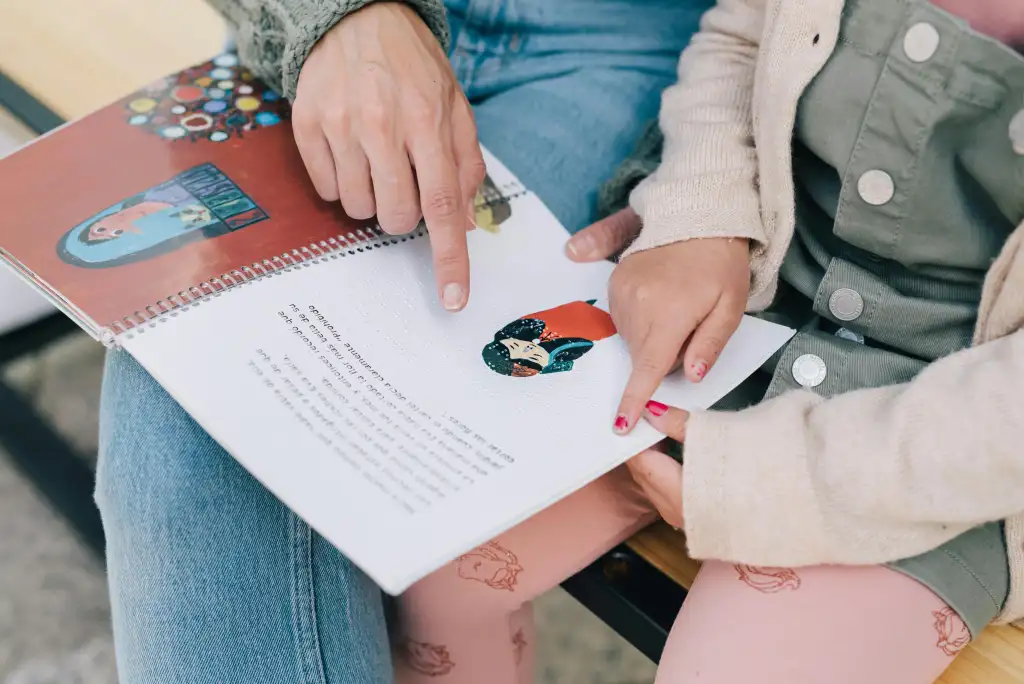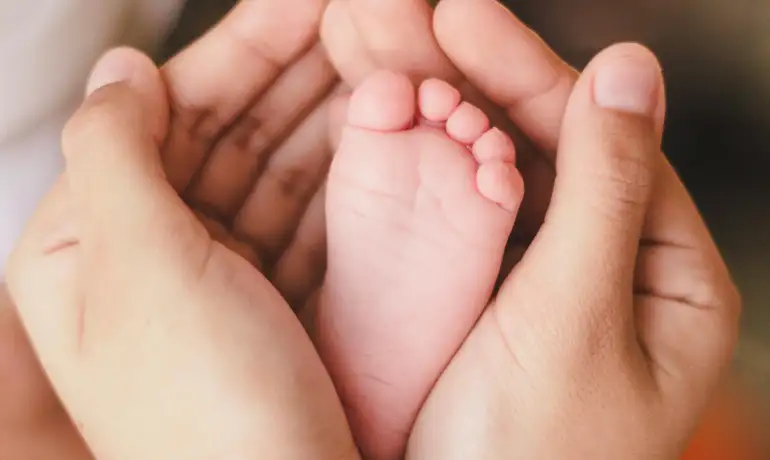Nursery Singapore options are diverse, dynamic, and—let’s face it—can feel a little overwhelming for first-time parents. With so many choices in curriculum, fees, and teaching approaches, finding the right fit for your child is both exciting and challenging. This guide will walk you through what nursery actually means in Singapore, how to choose the best one for your family, and what to expect along the way in 2025.
What Is a Nursery in Singapore?
In Singapore, the term “nursery” refers to early childhood programmes designed for children aged approximately 18 months to 4 years. These programmes help children develop social, motor, emotional, and basic cognitive skills in a guided, play-based environment.
Nursery vs Preschool vs Childcare: What’s the Difference?
- Nursery typically serves children aged 2–4 and focuses on structured play and daily routines.
- Preschool is a broader term, covering nursery, K1, and K2 levels (18 months to 6 years).
- Childcare centres usually offer full-day care and include nursery classes as part of their service.
Many parents begin searching for nursery Singapore options once their toddler starts showing signs of independence and curiosity.

Types of Nursery Programmes Available
With so many types of nurseries in Singapore, it’s worth understanding the major differences before scheduling a visit.
MOE-Registered vs Private Nurseries
- MOE Kindergartens and partner operators follow Singapore’s national early learning frameworks and tend to be more affordable.
- Private nurseries offer more flexibility in curriculum and class size, often incorporating alternative teaching methods like Montessori or Reggio Emilia.
Curriculum Approaches to Know
- Montessori promotes independence through hands-on learning materials.
- Reggio Emilia values creativity and project-based learning.
- Thematic/Play-Based models mix storytelling, music, and sensory play into each day.
Bilingual and International Nurseries
Given Singapore’s diverse community, many nurseries offer bilingual programmes—most commonly in English and Mandarin. If you’re part of an expat family, you’ll also find international nursery Singapore options that follow British, French, or other foreign curricula.
How to Choose the Right Nursery in Singapore
Choosing the best nursery Singapore families can rely on involves more than just looking at brochures. Here’s what to keep in mind:
Key Factors to Consider
- Curriculum: Does it suit your child’s learning style?
- Teacher ratio: Smaller classes usually mean more individual attention.
- Environment: Is it safe, engaging, and age-appropriate?
- Location: A centre close to home or work can make a huge difference in daily routine.
School Tours and Trial Classes
Visiting the school is the best way to get a feel for the place. Watch how teachers interact with children and don’t hesitate to ask:
- What is a typical day like?
- How do they handle behavioural challenges?
- What is included in the fees?
Reading online reviews and speaking to other parents can also help you shortlist the most suitable nursery Singapore options.
Cost of Nursery Education in Singapore
Nursery fees vary depending on the centre’s status (MOE, private, or international), curriculum, and included services.
Average Monthly Fees (2025)
- MOE Kindergartens: $160–$400/month
- Private Nurseries: $700–$1,800/month
- International Nurseries: $2,000/month and above
Be sure to ask whether fees include meals, enrichment classes, or materials. Also, if you enrol in an ECDA-licensed centre, you may be eligible for government subsidies. Check details at ECDA Singapore.
Nursery as the First Step to Primary School Readiness
Nursery is more than just a place for toddlers to play—it sets the stage for formal learning later on. Here’s how:
What Children Gain in Nursery
- Social Skills: Sharing, turn-taking, and group interaction
- Routine Awareness: Following instructions and understanding daily structure
- Independence: Self-care tasks like washing hands and tidying up
- Language & Motor Skills: Through guided play and interaction
Attending a high-quality nursery Singapore helps children feel confident, secure, and ready to move into preschool and eventually Primary 1.
Looking for a Nurturing Start?
If you’re seeking a nursery that combines structured learning with creativity and care, consider Little Unicorn Preschool.
Discover Little Unicorn Preschool
At Little Unicorn Preschool, we offer:
- A play-based, inquiry-driven nursery programme
- Bilingual exposure in English and Mandarin
- A strong focus on social-emotional development
- Warm, dedicated teachers and a safe, engaging environment
Whether your child is energetic, curious, or more reserved, we personalise learning to suit their needs. Book a tour and explore how we support each child’s growth from the very beginning.
Frequently Asked Questions (FAQ)
What age can my child start nursery in Singapore?
Most children begin nursery between 18 to 30 months, depending on the centre’s entry requirements.
Do I need to register early?
Yes. Many nurseries in Singapore have limited spaces. Register 6 to 12 months in advance, especially for popular locations.
Is English the main language in nurseries?
Most nurseries use English as the main language, with many offering Mandarin or other bilingual options.
What’s the difference between a private and MOE nursery?
MOE nurseries follow government frameworks and offer more standardised pricing. Private nurseries vary in approach, size, and fees.
Are subsidies available for nursery fees?
Yes. Singapore Citizens enrolled in ECDA-licensed centres may receive subsidies depending on household income and parental working status.
Ready to start your child’s journey?
Explore a trusted nursery option at Little Unicorn Preschool and give your child the strong, joyful start they deserve.



